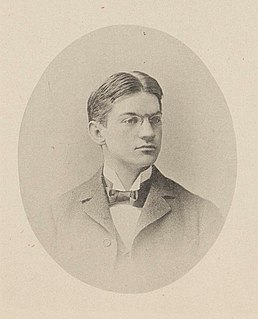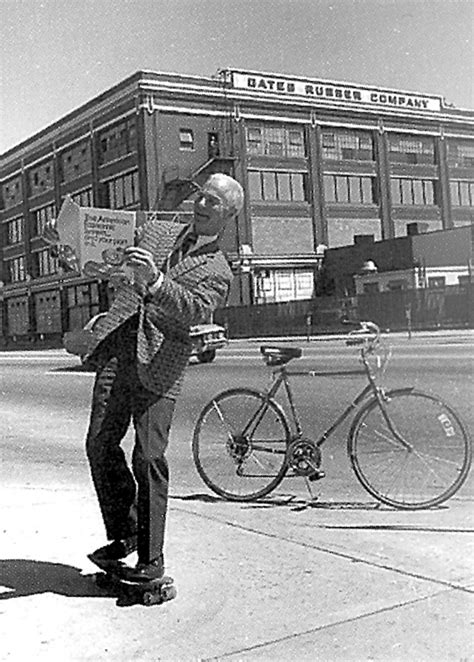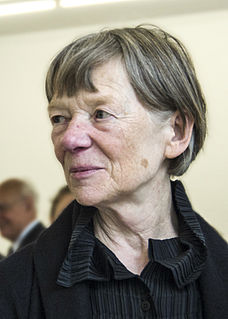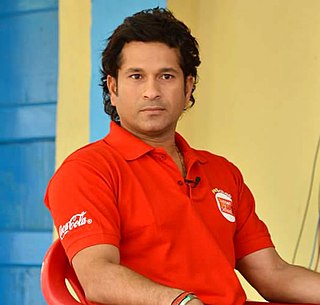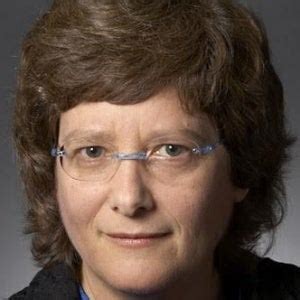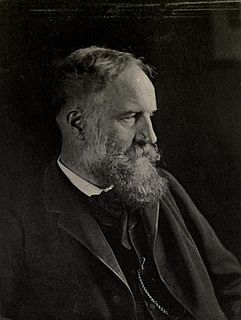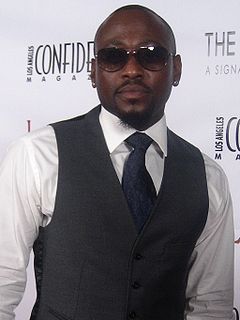A Quote by William Lyon Phelps
I do not know how wicked American millionaires are, but as I travel about and see the results of their generosity in the form of hospitals, churches, public libraries, universities, parks, recreation grounds, art museums and theatres I wonder what on earth we should do without them.
Related Quotes
I photograph in public and semi-public spaces that date from various epochs. These are spaces accessible to everyone. They are places where you can meet and communicate, where you can share or receive knowledge, where you can relax and recover. They are spas, hotels, waiting rooms, museums, libraries, universities, banks, churches and, as of a few years ago, zoos. All of the places have a purpose, as for the most part do the things within them.
Our time and attention is scarce. Art is not that important to us, no matter what we might like to believe... Our love of art is often quite temporary, dependent upon our moods, and our love of art is subservient to our demand for a positive self image. How we look at art should account for those imperfections and work around them. Keep in mind that books, like art museums, are not always geared to the desires of the reader. Maybe we think we are supposed to like tough books, but are we? Who says? Many writers (and art museums) produce for quite a small subsample of the... public.
Charlottesville is a quiet town with friendly people, good schools, lots of churches, parks, and a bustling, growing community that more or less revolves around one of the country's great public universities. Volunteerism is rampant, and dozens of nonprofits hustle about, solving problems and helping those in need.
I'm no longer a child and I still want to be, to live with the pirates. Because I want to live forever in wonder. The difference between me as a child and me as an adult is this and only this: when I was a child, I longed to travel into, to live in wonder. Now, I know, as much as I can know anything, that to travel into wonder is to be wonder. So it matters little whether I travel by plane, by rowboat, or by book. Or, by dream. I do not see, for there is no I to see. That is what the pirates know. There is only seeing and, in order to go to see, one must be a pirate.
Nothing can be more striking to one who is accustomed to the little inclosures called public parks in our American cities, than the spacious, open grounds of London. I doubt, in fact, whether any person fully comprehends their extent, from any of the ordinary descriptions of them, until he has seen them or tried to walk over them.
